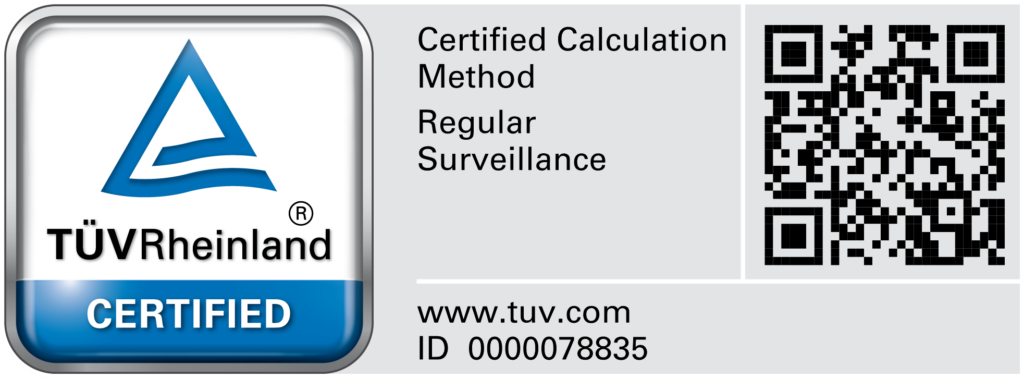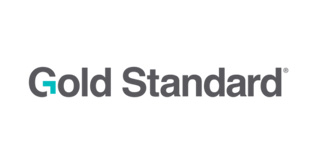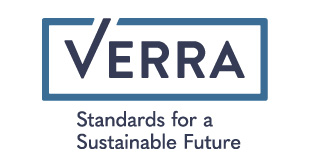Sustainable and certified
The carbon compensation we offer is used to finance projects in which the same amount of carbon is reduced or saved. We only work with project providers who are certified and monitored by the internationally recognized organizations Gold Standard or VERRA.
In addition, Neutral Boating is certified and monitored by the German TÜV. This ensures that, on the one hand, we actually only support the projects mentioned above and, on the other hand, we procure the same amount of CO2 compensation as we offer our customers.

Gold Standard
Gold Standard (www.goldstandard.org, @goldstandard) was established in 2003 by WWF and other international NGOs as a best practice standard to help the world #GrowToZero. Gold Standard-certified projects and programmes accelerate progress toward the Net-Zero emissions ambition of the Paris Climate Agreement while catalysing impact toward the broader Sustainable Development Goals.
Its standard, Gold Standard for the Global Goals, allows climate and development initiatives to quantify, certify, and maximise their impacts toward climate security and sustainable development. Certification against the standard provides the confidence that these results are measured and verified, enabling credible impact reporting.
An associate member of ISEAL and backed by a broad NGO Supporter Network, Gold Standard has 2000+ projects underway in over 65 countries, creating billions of dollars of shared value from climate and development action worldwide.
Verra
“Verra was founded in 2005 by environmental and business leaders who saw the need for greater quality assurance in voluntary carbon markets. We now serve as a secretariat for the various standards we develop and programs we manage, as well as an incubator of new ideas that can generate meaningful environmental and social value at scale. The strategic direction of Verra is set by both staff and the Verra Board of Directors. Our headquarters are in Washington, DC, and we have staff working remotely in various parts of the world. Verra is a tax-exempt organization under Section 501(c)(3) of the U.S. Internal Revenue Code and is registered as a nonprofit corporation under the laws of the District of Columbia (Washington, DC, USA). Verra catalyzes measurable climate action and sustainable development outcomes by driving large-scale investment to activities that reduce emissions, improve livelihoods, and protect nature.
Verra’s standards and programs: Are trusted by a broad range of stakeholders, including NGOs, the private sector and governments, and are widely recognized and used in voluntary and compliance markets because they deliver credible and transparent assessments of project performance.
Provide innovative solutions to environmental and social problems by identifying opportunities where clear and robust measurement and reporting of on-the-ground interventions can help tackle at scale the world’s most pressing challenges.
Work for people and the planet by supporting projects and activities that deliver a range of benefits to communities and the environment.
The standards and programs Verra develops and manages are globally applicable and advance action across a wide range of sectors and activities. All of our programs undergo extensive stakeholder consultation and expert review, and draw from four key components: standard, independent assessment, accounting methodologies and registry”.

